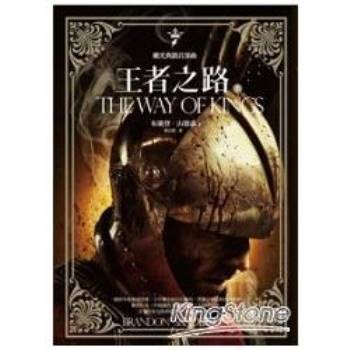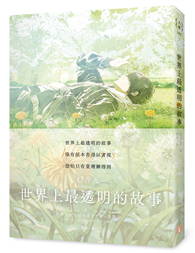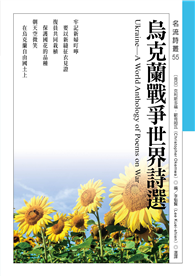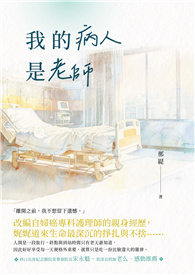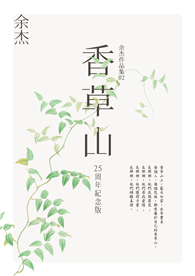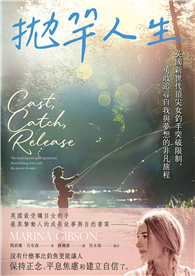This book explores historical, socio-political, and metatheatrical readings of a whole host of dying bodies and risen corpses, each part of a long tradition of living death on stage.
Just as zombies, ghouls, and the undead in modern media often stand in for present-day concerns, early modern writers frequently imagined living death in complex ways that allowed them to address contemporary anxieties. These include fresh bleeding bodies (and body parts), ghostly Lord Mayors, and dying characters who must carefully choose their last words - or have those words chosen for them by the living. As well as offering fresh interpretations of well-known plays such as Middleton’s The Lady’s Tragedy and Webster’s The White Devil, this innovative study also sheds light on less well-known works such as the an-nymous The Tragedy of Locrine, Marston’s Antonio’s Revenge and Munday’s mayoral pageants Chruso-thriambos and Chrysanaleia. The author demonstrates that wherever characters in early modern drama appear to straddle the line between this world and the next, it is rarely a simple matter of life and death.
This book will be of great interest to students, scholars, and practitioners in theatre and performance studies, and cultural and social studies.

